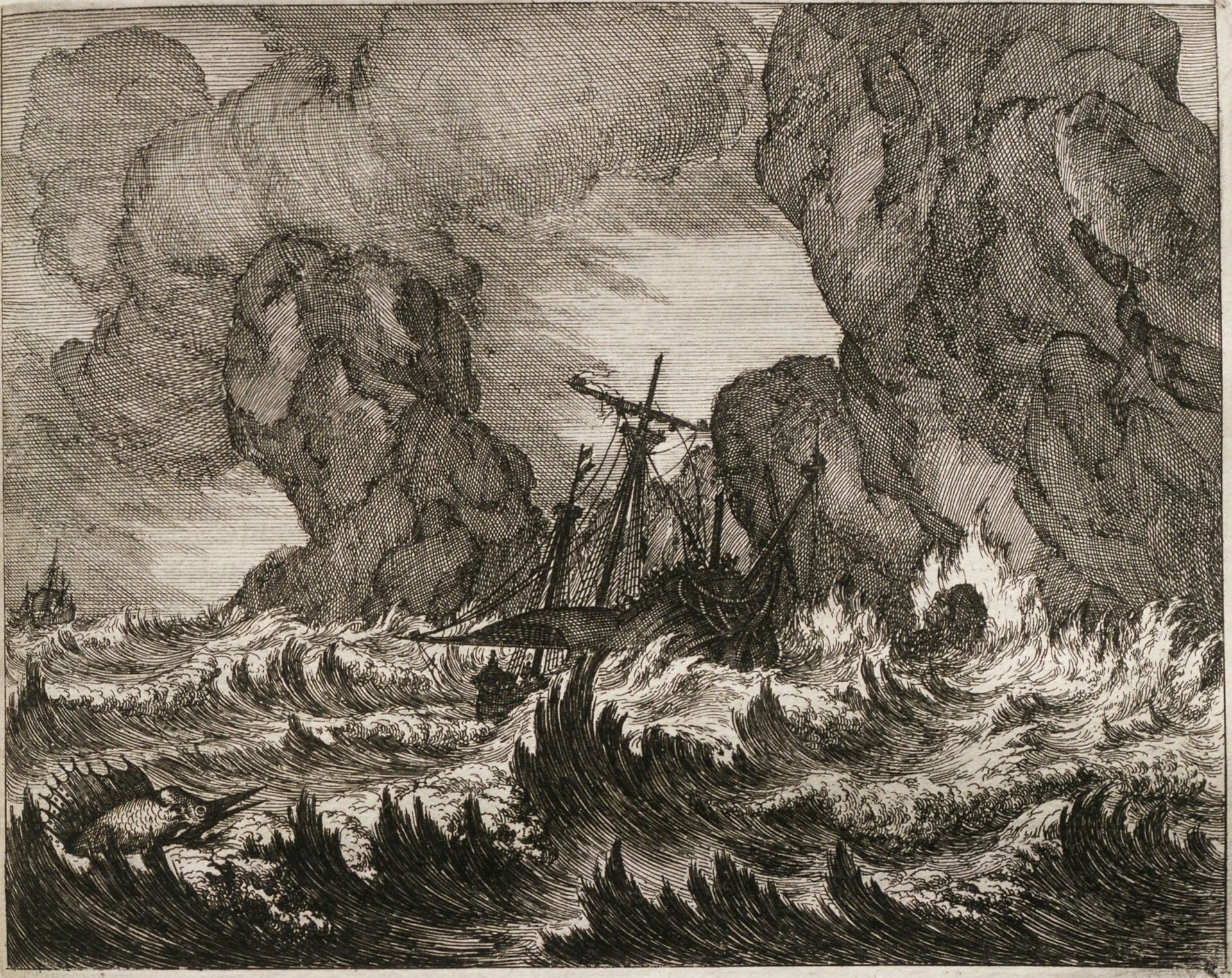Television advertisements in the lead up to Australia Day on 26 January 2017 have been telling the Australian people to celebrate the day “how you want to”. It is an interesting message from the Australian government. A typical Australian reaction to it might be to ask, if now we are to celebrate it how we want to, what was the prescribed method beforehand? Another broad section of the community might wonder whether the day has ever been celebrated at all – isn’t it just another public holiday? But, taking it in good faith, clearly this message is intended as an open and friendly acknowledgement of the fact that, for many of the people of Australia in 2017, Australia Day is not what it once was. Although the Queen of England remains our constitutional head of state, in today’s multi-cultural, multi-faith community the observance of Australia Day as a celebration of its anniversary is becoming more marginalised every year. The fact is that, quite apart from the ancient claim of the aboriginal people, many countries and cultures can say they have had a part in the creation of modern Australia. Some have done so during the 20th and 21st centuries with contributions to culture, cuisine or the arts. Others have done so by virtue of a particular historical incident.
A blog from Gale International

